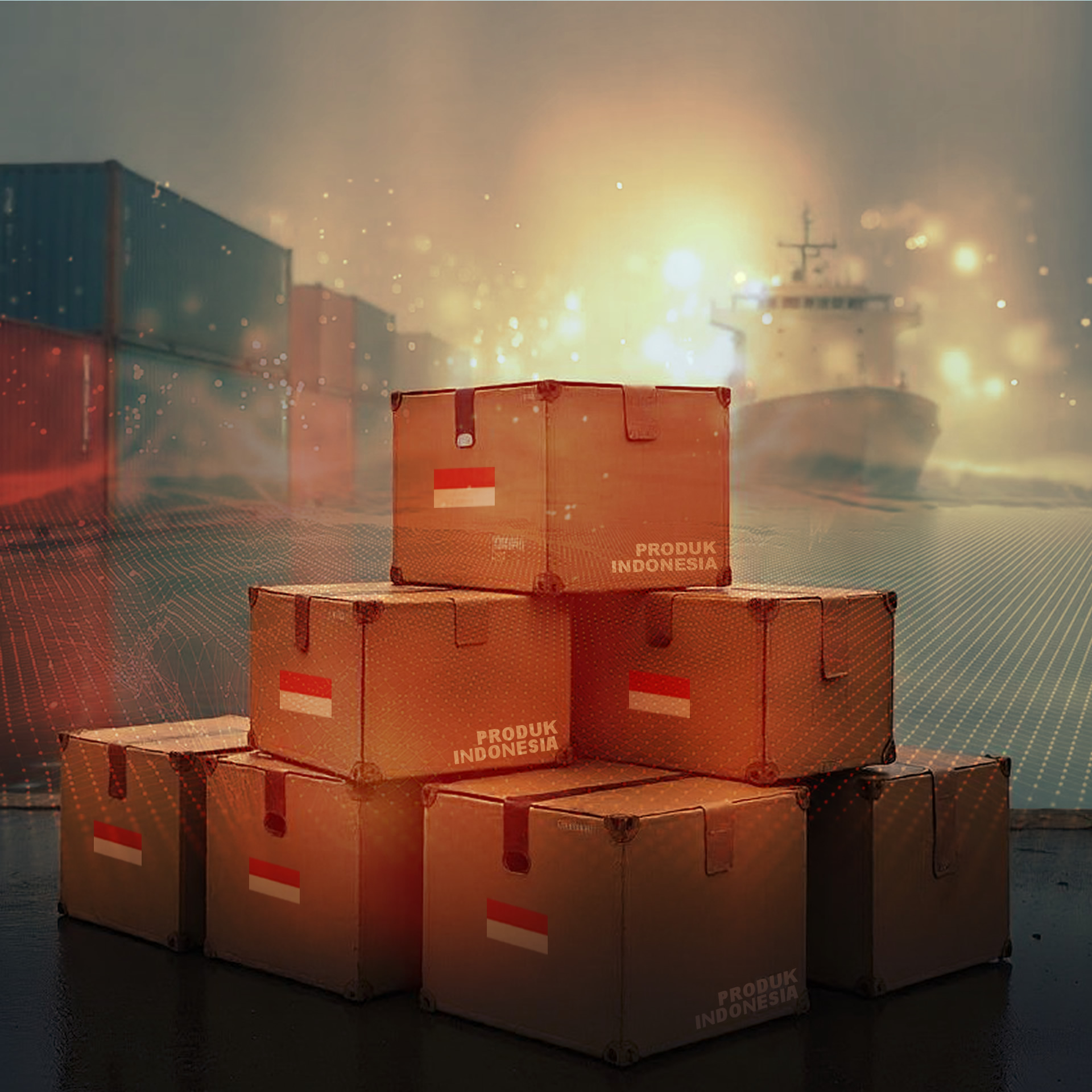
The Indonesian government has issued Presidential Regulation No. 46 of 2025 ("New Regulation"), effective as of 30 April 2025. This New Regulation marks the second amendment to Presidential Regulation No. 16 of 2018 concerning Government Procurement of Goods/Services, following the initial amendments in Presidential Regulation No. 12 of 2021. The New Regulation primarily aims to enhance the utilisation of electronic procurement (e-purchasing) and the procurement of domestically produced goods and services within the public sector. This alert highlights the key changes introduced by this latest regulation.
Enhanced Use of E-Purchasing and Wider Access
The New Regulation significantly strengthens the role of e-purchasing through the Electronic Catalogue, known as "E-Catalogue". This system aims to simplify how public institutions obtain goods and services. A New feature is the integration of online stores directly into the E-Catalogue.
Under the New Regulation, government institutions are now required to use e-purchasing whenever the necessary items are listed in the E-Catalogue. This is a change from the previous rules, where e-purchasing was only mandatory for specific procurements related to national and/or strategic needs as determined by the relevant authorities. Now, the primary rule is to use the E-Catalogue if the required goods or services are available there.
However, there are specific situations where this mandatory use of the E-Catalogue does not apply:
-
When the E-Catalogue cannot meet specific requirements regarding the quantity needed, technical specifications, delivery timeline, location, and/or after-sales service.
-
When other procurement methods are proven to be more efficient or effective.
Any decisions to use an alternative procurement method must be carefully evaluated and approved by the relevant Commitment Making Officer (Pejabat Pembuat Komitmen or PPK).
Furthermore, the New Regulation expands access to the E-Catalogue beyond government institutions. Now, non-governmental entities such as other institutions, business actors, community groups, and even individuals can also utilise the E-Catalogue.
Consultancy Services Now Eligible for E-Purchasing
A key development introduced by the New Regulation is the inclusion of consultancy services within the scope of e-purchasing. Previously, government institutions were limited to using the E-Catalogue for procuring non-consulting services. This new provision aims to streamline and expedite the process of engaging consultants in public procurement. This applies to both individual consultants and consulting firms, as long as they are registered in the E-Catalogue system.
Prioritising Domestic Products: A Step-by-Step Approach
To further encourage the use of Indonesian-made products, the New Regulation establishes a clear, multi-layered system for prioritising them in government procurement. This framework is designed to channel government spending towards supporting national industries. The prioritisation scheme works through the following four levels:
-
Layer 1: Domestic products are given the highest priority if they meet two criteria: they must contain at least 25% local content and have a combined value of local content and company benefit value (known as bobot manfaat perusahaan or BMP) of at least 40%.
-
Layer 2: If there are no products available that meet the Layer 1 criteria, or if the available quantities are insufficient, then the next priority is given to domestic products containing at least 25% local content.
-
Layer 3: If there are no suitable domestic products available under Layers 1 and 2, government institutions can then use domestic products with less than 25% local content.
-
Layer 4: If the conditions in Layers 1, 2 and 3 cannot be met (i.e., no suitable domestic products are available or the quantities are insufficient), government institutions are then required to use domestic products that are registered in the National Industrial Information System (Sistem Informasi Industri Nasional or SIINas).
This layered approach must be consistently followed throughout the entire procurement process, from initial planning and preparation to the selection of providers. This prioritisation must also be clearly documented in key procurement documents, such as the general procurement plan (Rencana Umum Pengadaan or RUP), technical specifications or terms of reference, and selection documents.
For products that are not classified as industrial products, the New Regulation provides more flexibility. Suppliers can simply provide a self-declaration regarding the origin of their products. However, the New Regulation does not explicitly detail what information this declaration must include.
While the use of imported products is not entirely prohibited, it is only permitted when no suitable domestic alternatives are available or when the required quantities are insufficient. In such cases, the use of imported products requires approval from authorised officials.
Enhanced Flexibility in Project Management: Higher Threshold for Direct Procurement and Increased Contract Amendment Value in Emergency Situations
The New Regulation introduces several changes aimed at providing greater flexibility and efficiency in project management. One notable update is an increase in the threshold for direct procurement in construction work. Previously, government institutions could directly procure construction work up to a maximum value of IDR200 million. This limit has now been raised to IDR400 million. This adjustment is expected to streamline the procurement process for smaller-scale construction projects.
Furthermore, the New Regulation also provides more leeway in handling contract amendments when unforeseen circumstances arise. Previously, any increase to the original contract value was strictly capped at 10%. However, the New Regulation now allows for increases exceeding this 10% limit in emergency situations. Importantly, any such increase requires the explicit approval of the Budget User (Pengguna Anggaran or PA). This change indicates a more practical and responsive approach to completing projects, especially when unexpected or urgent circumstances.
Stronger Emphasis on National Benefit in International Procurement
The New Regulation introduces significant obligations to ensure that international procurement activities align with Indonesia's national development goals. When procuring goods or services from overseas, government institutions must now go beyond simply meeting their immediate needs. They are also required to actively seek opportunities to generate broader benefits for the Indonesian economy and workforce.
To achieve this, the New Regulation mandates that all international procurement contracts must include provisions that promote national interests. These provisions specifically aim to encourage:
-
The transfer of technology and/or knowledge to the local stakeholders.
-
The active participation of Indonesian experts or technical personnel in the execution of projects.
-
The utilisation of goods or services produced domestically.
Furthermore, the New Regulation extends its reach to public procurement projects that are financed through foreign loans or grants. While these projects will generally be subject to the New Regulation's requirements, the regulation acknowledges the complexities of international funding agreements. Therefore, it includes a provision stating that if a loan or grant agreement—or any related official document—contains specific conditions (such as requirements regarding the origin of goods and services), those conditions will take precedence. This balanced approach allows Indonesia to prioritise its national interests in procurement while also respecting its commitments under international agreements, representing a thoughtful balance between national policy objectives and global cooperation.
In Conclusion
The New Regulation introduces several notable changes that are likely to reshape the landscape of public procurement in Indonesia. By broadening the application of e-purchasing, raising the threshold for direct procurement in construction, and providing greater flexibility in contract amendments under specific circumstances, the New Regulation appears to aim at enhancing efficiency and creating more avenues for business participation in the public sector, both as suppliers and potentially as users of the expanded E-Catalogue.
It is crucial for businesses to proactively familiarise themselves with the updated requirements, particularly the increased emphasis on domestic product utilisation. Government institutions are expected to more rigorously implement local content regulations. Therefore, businesses should ensure their offerings align with these priorities. Furthermore, maintaining diligent compliance with all pertinent laws and regulations remains essential for navigating the public procurement environment effectively and mitigating potential risks.
Have any Question please contact
COMPETITION
Contribution Note
This Legal Update is contributed by the Contact Partners listed above, with the assistance of Naurah Areta Utami (Associate, Assegaf Hamzah & Partners).



